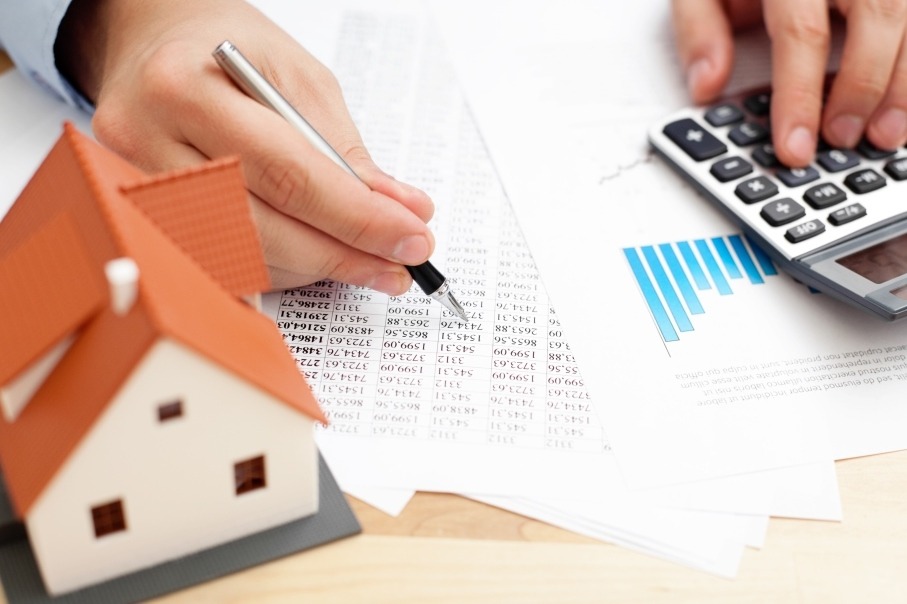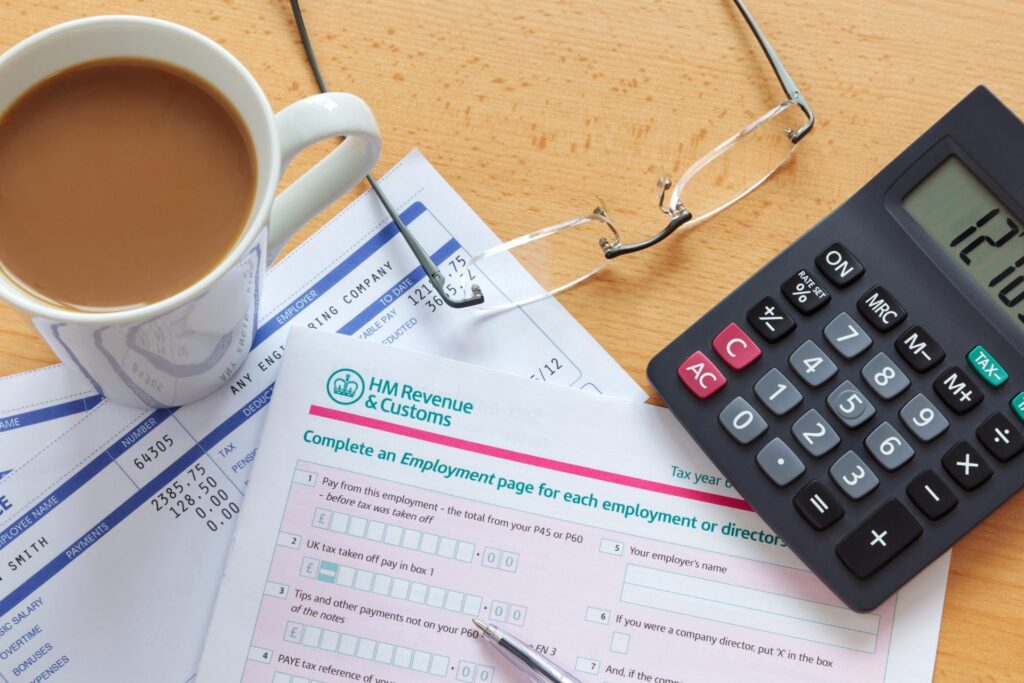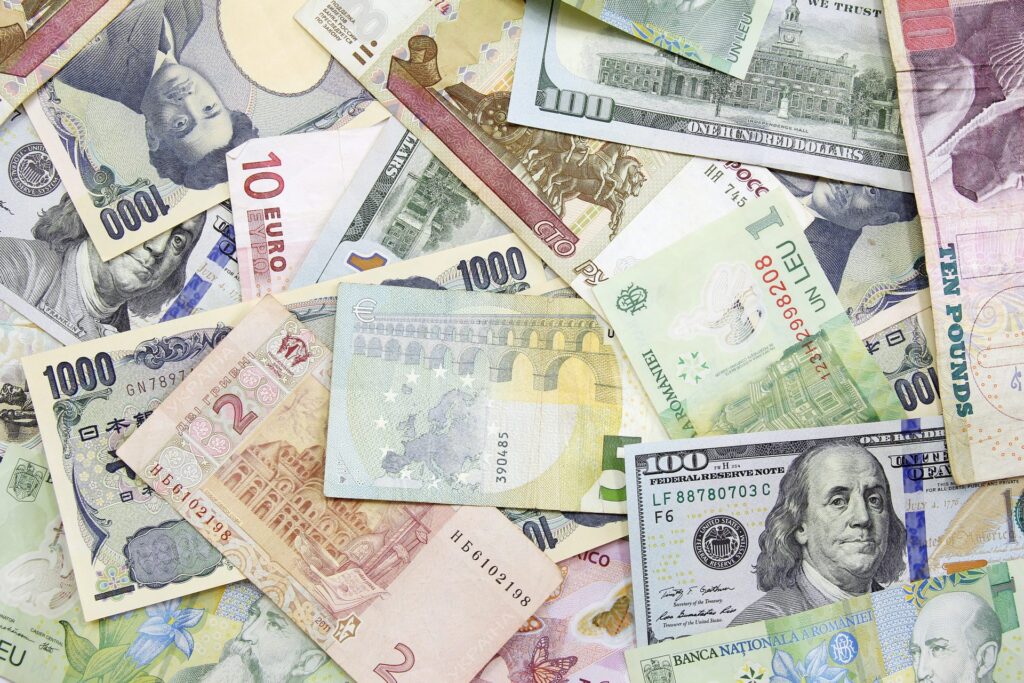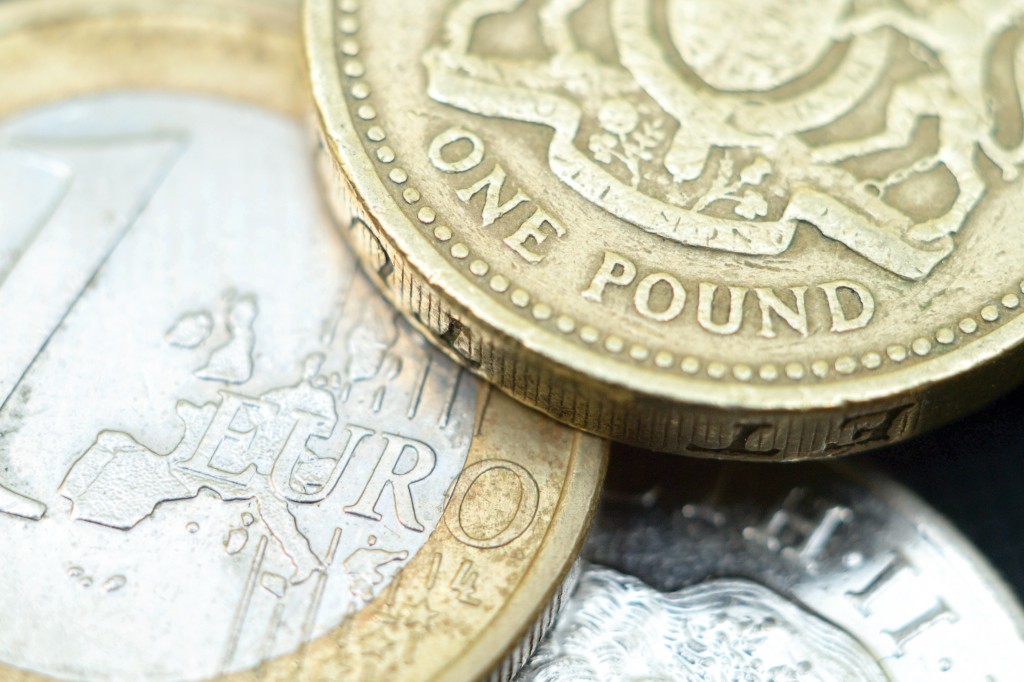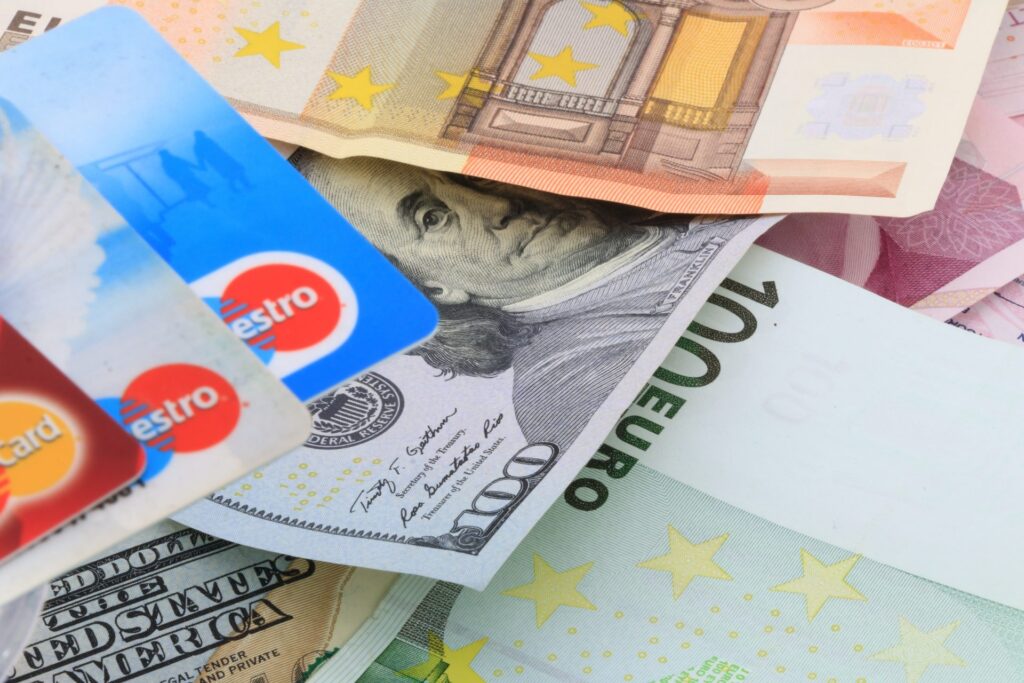Essential guide to finances in France for property buyers
It’s vial to be aware of the rules you need to follow around finances in France – and the pitfalls you might miss. Considerations include:
- How you’re going to pay for the property itself
- Ongoing costs of maintaining the property
- Controlling the risk of currency exchange to and from France
- Essential person finances in France, e.g. pension and inheritance
- Ensuring you have the correct tax status
- Paying taxes on time and to the right authorities
You will need to think carefully about your finances in France at the very beginning of your property search. This means planning not just for how you will pay for your property, but also how you are going to finance your life in France. There are also a number of tax implications when buying property in France, depending on your residency status and whether you are moving to France permanently or buying a second home. This can all be complicated, so it’s therefore definitely worth seeking professional advice from an independent financial advisor. There’s a lot to think about!
Alexis Stratfold
The Property Buyer’s Guide to Currency will help you:



